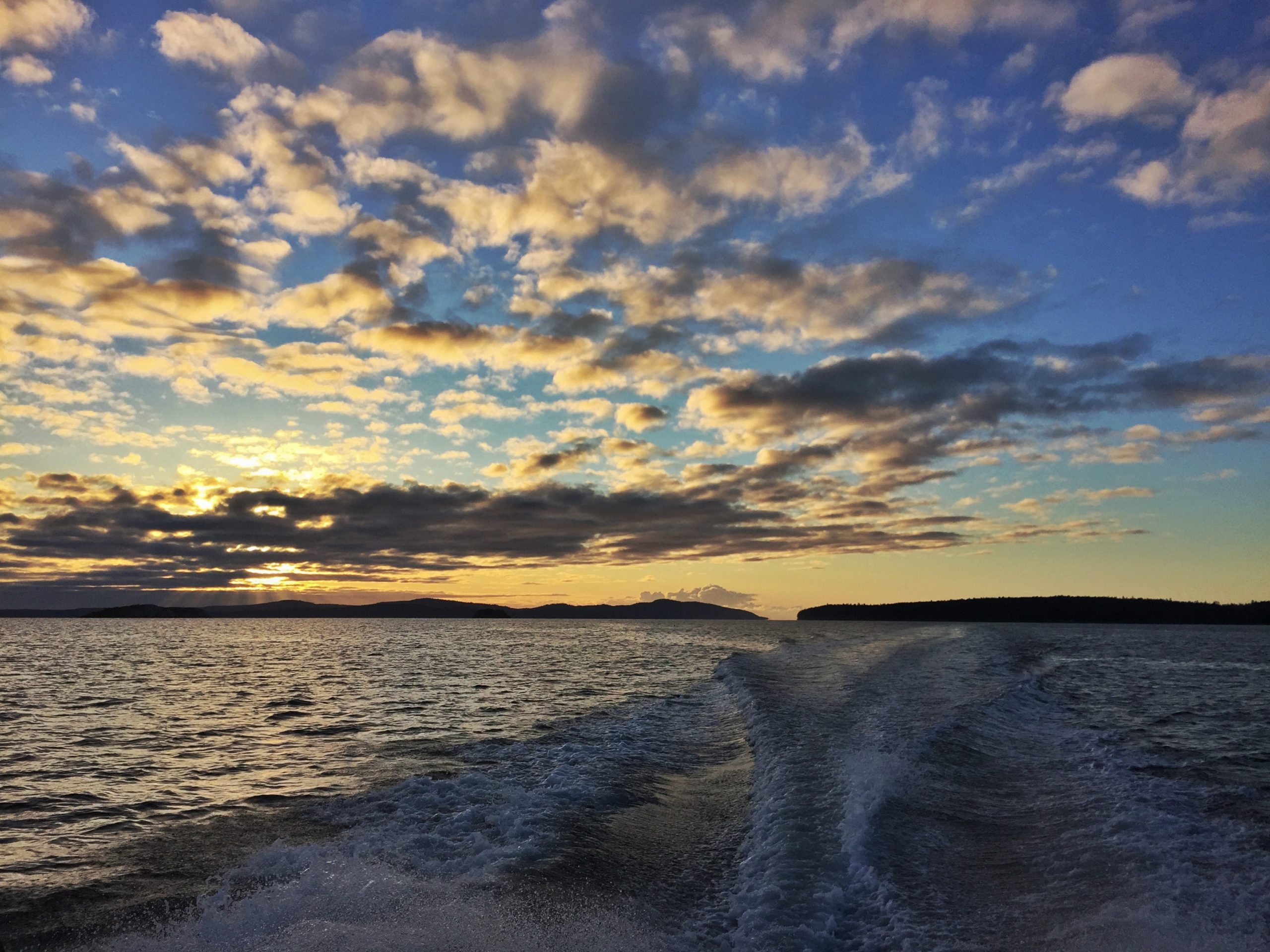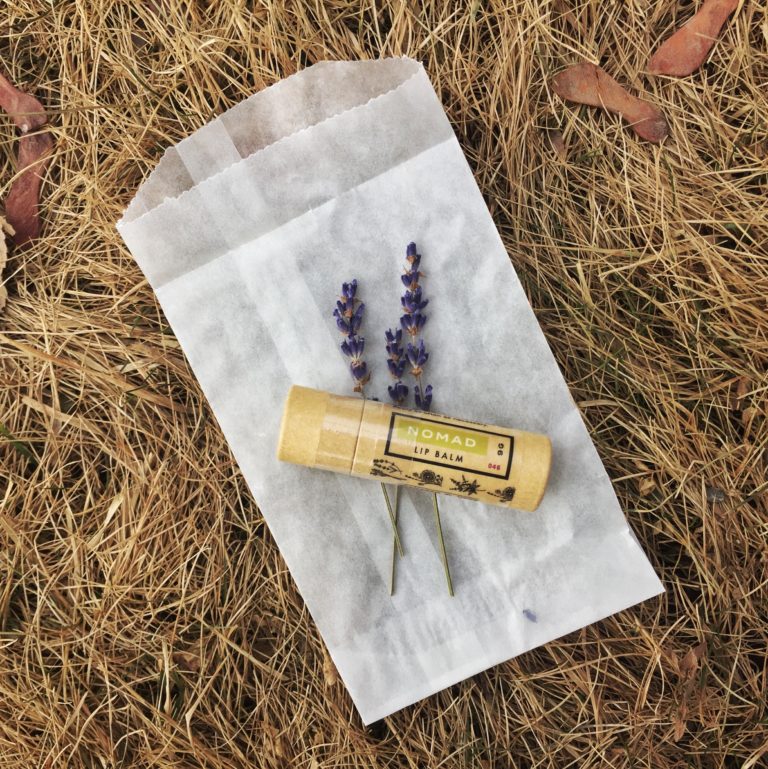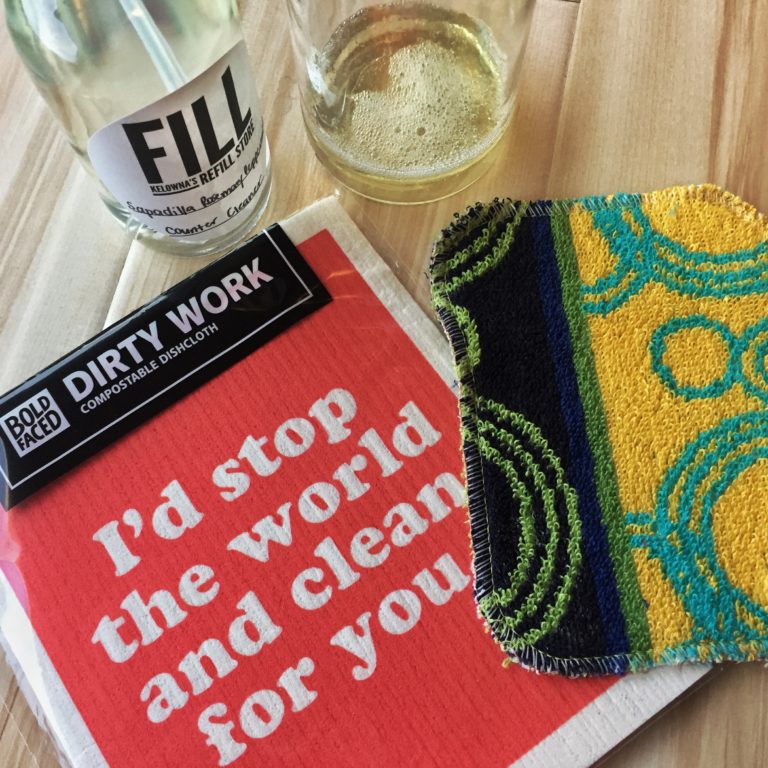Wake-Up (Friday) Wins, Round VII!
Ohhhh dear readers – sometimes we fall off the wagon, and it hurts. Do you agree?
I was going strong! Posting regularly, connecting all these stories to the preservation of our oceans…and then this week happened. Everything was late, I waited until the last minute on all my projects, Mercury went into retrograde and everything felt like it sort of just came tumbling down around me. I wasn’t “into” the wins this week.
But life happens, we learn from our mistakes, and dust ourselves off and get back to it. So without further ado and not so much grumbling, let’s dive into this week’s wins. They’re a bit of a mixed bag: from fish to food to bags – all in some way connected to the preservation of our oceans. Enjoy!
Roe, roe, roe your boat…
Something really cool (and also tragic) is happening right now off the west coast of Canada. Here’s the cool part: Pacific Herring are returning to their home rivers, tributaries, and inlets to spawn. As in, thousands of tons of fish are making their way from the ocean “upstream” as I write this, all with the express intent of releasing eggs and spawn and creating a whole buncha new, baby herring. It’s the circle of life! This happens on the east coast too and in fact, I was able to witness it one year while living in Maine.
While I’ve not yet seen the spectacle on the Pacific coast, the image that sticks in my mind from my experience back east is of a river so full of fish that the surface is in a constant state of turbulence. Eagles, osprey, and gulls swoop overhead while seals cruise the shoreline, snatching up fish left, right, and center. It is chaos. It is nature at its finest and it is incredible.
Why this is incredible: herring are considered a “keystone” species – as in, they are mega important for coastal ecosystems, providing a food source and nourishment for a whole plethora of species. They are small but mighty fish!
Something fishy is going on…
Here’s the tragic part: on the Pacific coast though (as with many other coastal fisheries)…the story has shifted a bit in recent decades. Along with all of the natural hurdles herring have to overcome just to have the ability to pass on their genetics to the next generation, they now have to contend with a massive industrial fishery. Couple this with the fact that their population is at an all-time low and there’s a bit of a problem out there.
Oh and did I mention that we’re fishing herring out of the sea not for our own, human consumption…but to be turned into food for other fish (among other applications)? Ouch. >.<
This is all not-so-great news, but don’t worry…we’re not staying here. No, this is a story of what happens when multiple, awesome humans and organizations come together in the name of science, the animals, and the general preservation of our planet. This herring fishery opened today (perhaps it’s serendipitous then, that I procrastinated on this post until now!) and there are a lot of people out there right now, documenting both the run and the devastating human impact we’re inflicting on these fish…right now.
Preservation of Our Oceans
Check out the below video, a collaboration between Sea Legacy, Pacific Wild, ecologyst, Conservancy Hornby Island, Pacific Yellowfin, and the Association for Denman Island Marine Stewards (ADIMS). Then, go read up on the situation on Pacific Wild’s website – they’ve put together a beautiful, interactive page that wonderfully explains what Pacific Herring are, and why they’re in trouble now.
Three cheers for all these different groups, and the humans behind them, for pulling together this campaign in an effort to slow/stop this fishery from heading to a total collapse. Yes, fish are a useful source for food and fertilizer, but when we mess with one species that is part of such a complex ecosystem…the whole thing stands to collapse. Educate yourself.
New Year, New Bag Bans, in NY
No longer will you be able to get a plastic bag in The Empire State: starting last weekend (March 1, 2020) plastic bags are now a thing of the past. For a place that goes through approximately 23 billion bags annually (!!), this is a very big deal. New York is a fairly large state (yes, there’s more to it than NYC), full of lots of people and beautiful places. It also happens to be where I grew up – so it’s with particular relish that I share this news and revel in the positive consequences this will bring. Bag bans still serve as a huge WIN in the preservation of our oceans: less plastic floating around means less potential for it all to end up in our waterways. Another one bites the dust.
Farmland For the Future
I’ve discussed a few times now the important connection between food and the preservation of our oceans (here and here). The more in-touch we are with our food, the closer our food gets to us. The closer our food gets to us, the less (plastic) packaging needs to be used, the lower our food footprint, and the healthier our ecosystems become. In summary: food and the environment (even oceans that seem like they are miles away) are inextricably connected.
But the funny thing about farming is that while we need more of it, particularly smaller, mixed-crop operations, it’s not easy! Land is expensive or hard to find, and fewer people have the skills to farm. Luckily, there are all kinds of organizations popping up to turn the tide and encourage small-scale farming.
Grow Farms, Grow Food
Maine Farmland Trust, a non-profit based in Belfast, Maine, works to protect farmland, support its area farmers, and advance the future of farming in the Pine Tree State. Their most recent success story took place in Manchester, Maine where farmers Deb Plengey and Trudie Lee (see below) locked down a 77-acre easement on their farm, forever protecting it against commercial development.
While development is a fact of life and something we all have to come to grips with, it is equally as important, if not more, to consider dedicating space to farming and leaving it that way. After all, if we cram a million humans into one city but they’re all relying on foreign produce inputs, can we really say that that’s progress? I see what Maine Farmland Trust is doing as a true sign of progress and what we need more of right now, particularly with world markets being so in flux!
Exposing the Plight of Produce Plastic
Walk into any modern, conventional grocery store anywhere in the world and you are guaranteed to find at least one piece of produce shrouded in plastic. It’s the bane of an environmentalist’s existence: we want to eat good food, but damn all that plastic!
Produce and plastic go hand-in-hand and it’s a problem; one we humans have created in our quest to have fresh produce year-round. But thanks to countless voices, demonstrations, movements, bans, and legislation, people along the entire supply chain are being forced to find solutions. As with bag bans, removing unnecessary plastic from supply chains and figuring out what to do with the rest is crucial in our quest for the preservation of our oceans.
“Shoppers are questioning the use of plastic packaging in produce more than ever. Let’s take a full circle look at the concerns facing our industry, including alternative packaging options and industry projects to improve current materials’ re-use, while considering the potential impact on the supply chain for fresh fruits and vegetables.”
SEPC
At the recent Southeast Produce Council trade show in Tampa, Florida, panelists from across the fresh produce distribution sector were led in a discussion about the impact of plastic by none other than a representative for Walmart. Their conclusions? Plastic is still a necessary evil the world of global markets, but it’s time to innovate, work collaboratively, and come up with different options.
Times, they are a changin’
I don’t know about you, but when I hear that Walmart is gathering people around to talk about how they’re going to handle consumer demand for less plastic, I get pretty jazzed. Obviously eating local and supporting small businesses in our own communities is of utmost importance, but many people still rely on big-box stores for their food and frankly, we all still rely on a global food system to keep us fueled up. If we can get the Walmarts of the world to get a handle on their plastic footprint, so much the better!
And that’s it, folks! That’s your horoscope for today. See you next week for another episode of Wake-Up Wednesday Wins…which will actually land in your inbox on Wednesday. Happy Weekend 🙂



